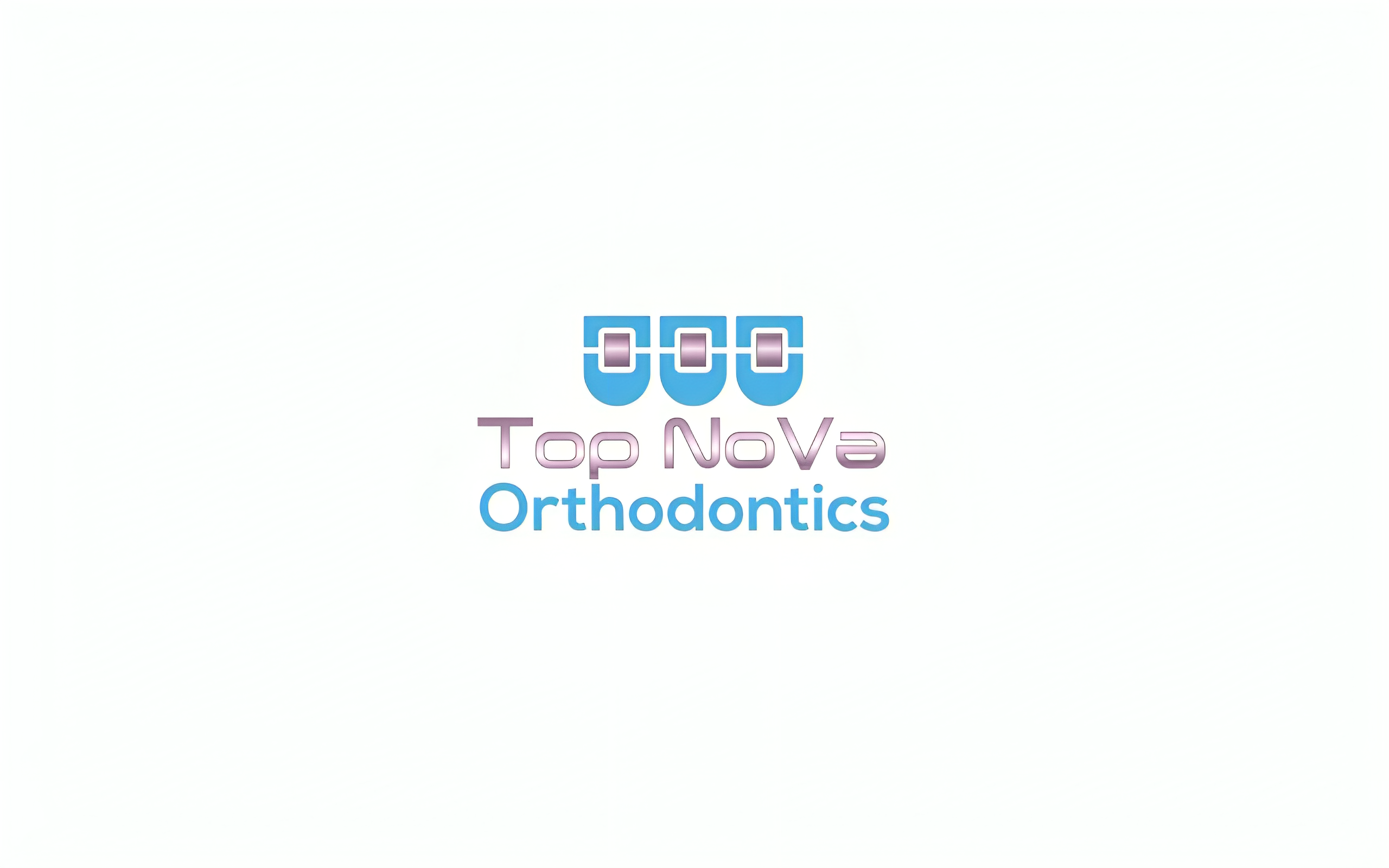Migraine and TMD Treatment
MEMBERSHIPS & ACCREDITATIONS
We are Certified



WHAT IS Migraine and TMD TREATMENT?
Understanding TMD Treatment: Alleviating Jaw Pain and Restoring Functionality

HOW DOES TMD TREATMENT WORK?
Based on the symptoms and damages occurred to the TMJ the goal of the TMD treatment varies from reducing the pain to improving the jaw function and its alignments. Depending on its severity of each case Dr. Abbasi may use a combination of methods like orthodontic appliances, physical therapy, medication, or even surgery.
Diagnosis: An evaluation by an orthodontist specializing in TMD treatment usually forms a comprehensive assessment before starting any treatment. This usually includes reviewing the patient’s medical history and physical examination, plus imaging tests such as X-rays or MRI scans that can be done if needed. Through this detailed assessment, orthodontists can establish what leads to symptoms experienced by patients with TMJ Issues.
Orthotic Appliances: One popular way to treat TMD is through orthotic appliances, including splints or mouthguards. These are made to fit an individual’s teeth, helping relieve symptoms by stabilizing the joint, relaxing muscles, or blocking grinding and clenching. After the joint is stabilized, when there is misalignment causing TMJ disorder, Dr. Abbasi may recommend braces or aligners.
Physical Therapy: Some orthodontists may encourage patients to do physiotherapy regularly as part of their TMD treatment plan. Physiotherapists will advise about exercises to improve jaw mobility and strengthen muscles, all geared towards relieving pain in this area. The aim here is holistic addressing so that every aspect connected with TMJ gets well.
Medication: For the pain and inflammation associated with TMJ, orthodontists may prescribe medications. These include over-the-counter analgesics, muscle relaxants, anti-inflammatory drugs, etc. However, medication is generally used with other treatment modalities for better results to be achieved.
Surgery: When conservative treatments do not work out in situations of severe TMD, orthodontists may opt for surgery. Some of the surgical options can be arthrocentesis, arthroscopy, or open joint surgery, which are all aimed at repairing damaged tissues within a joint, hence restoring normalcy of jaw function.
WHO WE ARE
The Quickest Way to Your Best Smile
Fast
Contact us by phone or in person, if needed. Come to our office, or join virtually.
Affordable
We make your smile transformation affordable, with convenient INTEREST-FREE monthly Smile Plans.
Quality
Dr. Abbasi has transformed over 2,000 smiles – from minor to major alignments – using Invisalign, Braces and expanders.


WHAT ARE THE CAUSES OF TMD?
Temporomandibular joint disorder (TMD) is a multifactor condition associated with many causes. There are some common causes of TMD, such as:
- Jaw Misalignment: Malocclusion or misaligned jaws can strain the TMJ, causing Temporomandibular Disorder (TMD). They can correct these by orthodontic means like braces or aligners that relieve patients' symptoms.
- Teeth Grinding or Clenching: Jaw muscles and joints are stressed when a person grinds teeth or clenches them habitually, leading to this disease, known as bruxism. To prevent dental trauma during sleep, an orthodontist may recommend custom-fitted mouthguards.
- Trauma or Injury: Traumas to the jaw, for example, face blows, result in TMJ damage, thus eventually causing this disorder. Orthodontists diagnose and heal such injuries so they would not proceed into serious complications.
- Stress: Emotional stress leads to muscular tension in the jaw, thus contributing to TMD. Monitoring stress management techniques by orthodontists reduces symptoms through relaxation exercises.
- Arthritis: Inflammatory changes that accompany degenerative diseases, including arthritis, affect TMJ, giving rise to pains related to temporomandibular disorders. Other healthcare professionals, together with orthopedic surgeons, help manage arthritis-related TMJ complications from occurring.
WHY DO WE NEED TMD TREATMENT?
- Pain Relief: Chronic pain in the jaw, face, neck, or ears is often caused by TMD. Orthodontists can provide personalized treatment plans to alleviate pain and improve oral comfort.
- Improved Jaw Function: It may be hard to chew, speak, or open and close the mouth due to TMD, which limits jaw movement. Various treatment modalities by orthodontists can help restore normal jaw function.
- Prevent Dental Complications: Worn enamel, tooth loss, or tooth fractures may result from teeth grinding caused by TMD. Orthodontists can check for these problems and avoid further dental complications.
- Enhanced Oral Health: Overall oral health, including gum disease or tooth decay, may be affected by TMD. Orthodontists will help with all the oral health problems linked with TMD, thus enhancing the patient's overall oral health.
- Improved Quality of Life: A person's quality of life could be affected through eating, speaking, or sleeping due to a TMD condition. Treatment offered to patients suffering from such conditions improves their well-being, as cited in this report.

Frequently Asked Questions
Jaw misalignment, teeth grinding, trauma to the jaw, stress, or arthritis are some of its causes. An orthodontist specializing in TMD treatment will examine the affected areas and recommend appropriate actions for each case
The diagnosis involves an overview of physical examination plus tests like x-rays and MRI scans. This helps determine its severity and what would be done about it.
Treatment choices may range from orthodontic appliances to physical therapy, surgery, or medications. An orthodontist's recommendation is based on the patient's needs.
It would depend on the condition's severity and the chosen treatment plan (Diagnosis n.d.). While some people see improvements in a few weeks, others may undergo treatment for several months or even longer.
The coverage varies depending on policy and treatment plan. These details can be availed by an orthodontist who helps patients navigate insurance processes.
Book Your TMJ disorder Treatment!
Emergency?
Please Call Us at
(703) 444-9373
Potomac Falls Professional Center, Sterling, VA
Opening Hours
Monday. – Thursday
8 AM – 5 PM
( Wednesdays we are open till 6 Pm )Friday
8 AM – 12 PM
Saturday
8 AM – 12 PM
(Open Two Saturday a month only)
Book an Appointment
Let’s schedule a call to get started on your personalized orthodontics treatment plan in Sterling, Virginia.






